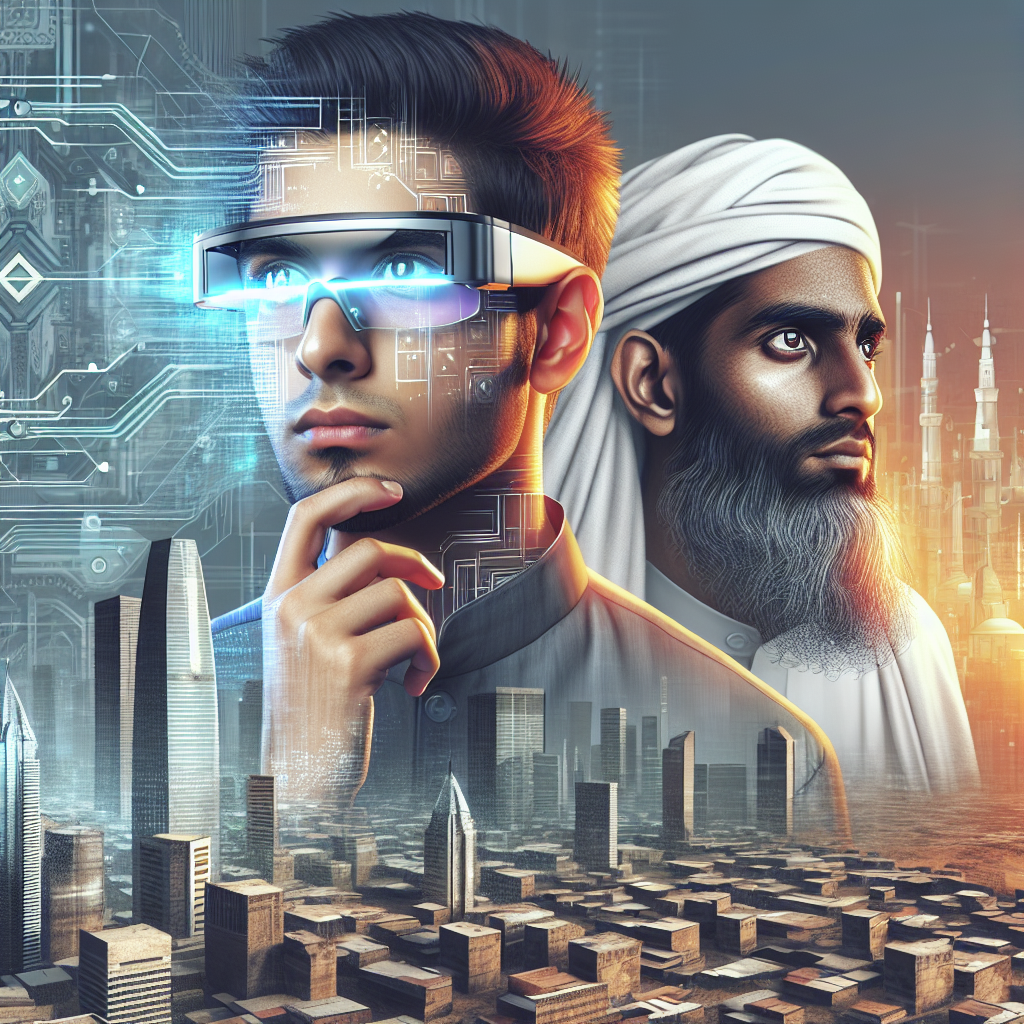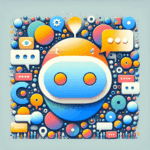Imagine a future where a simple pair of glasses determines your edge. Not just for vision, but for everything. Mark Zuckerberg recently stated something profound. He believes not wearing AI glasses in the future puts you at a disadvantage. This isn’t just tech talk. It’s a glimpse into a world potentially reshaped by artificial intelligence.
What Does “AI Glasses” Even Mean?
When we hear “AI glasses,” it’s easy to think of smart eyewear. But Zuckerberg’s vision goes further. These are not just fashion accessories. They are powerful augmented reality tools. Picture real-time information overlaid onto your world. Instant language translation during conversations. Access to facts about a building as you walk by. They become an extension of your mind, a constant, personalized AI assistant. This integration aims to make accessing information effortless. It promises to boost productivity and connect us in new ways.
The Edge: Information at Light Speed
The “disadvantage” Zuckerberg speaks of is about speed. It’s about access. In a world brimming with data, those with immediate, intuitive access win. Think about navigating a new city. Or recalling a complex detail in a meeting. AI glasses could provide that information instantly. This could reshape how we learn, work, and even socialize. It’s about leveling up your cognitive abilities. Or perhaps, simply keeping pace with a hyper-connected world.
Beyond the Hype: The Human Element
However, this bold prediction sparks questions. Does true advantage solely stem from information access? Human critical thinking remains vital. Creativity and emotional intelligence are irreplaceable. While AI can augment these traits, over-reliance could dull them. What about the digital divide? Will these tools create new social barriers? Furthermore, privacy concerns loom large. Constant data collection from our visual field raises ethical dilemmas. We must consider the balance. How do we embrace progress without sacrificing our humanity? The constant stream of information might also prove overwhelming. It could even reduce genuine human connection.
A Balanced View
My take? Zuckerberg isn’t wrong about the utility. AI glasses will offer incredible advantages. They’ll streamline tasks and unlock new possibilities. But an “advantage” isn’t always about what you gain. It’s also about what you might lose. The real test will be how humanity adapts. Can we use these tools wisely? Can we maintain our unique human capacities? The future isn’t just about faster information. It’s about smarter living.
What’s Your Vision for Tomorrow?
This emerging technology challenges our perceptions. It forces us to consider a radically different future. How do you feel about this potential shift? Will AI glasses become indispensable? Or will we find new ways to thrive without them?
Dive deeper into the conversation and explore the original discussion: here



